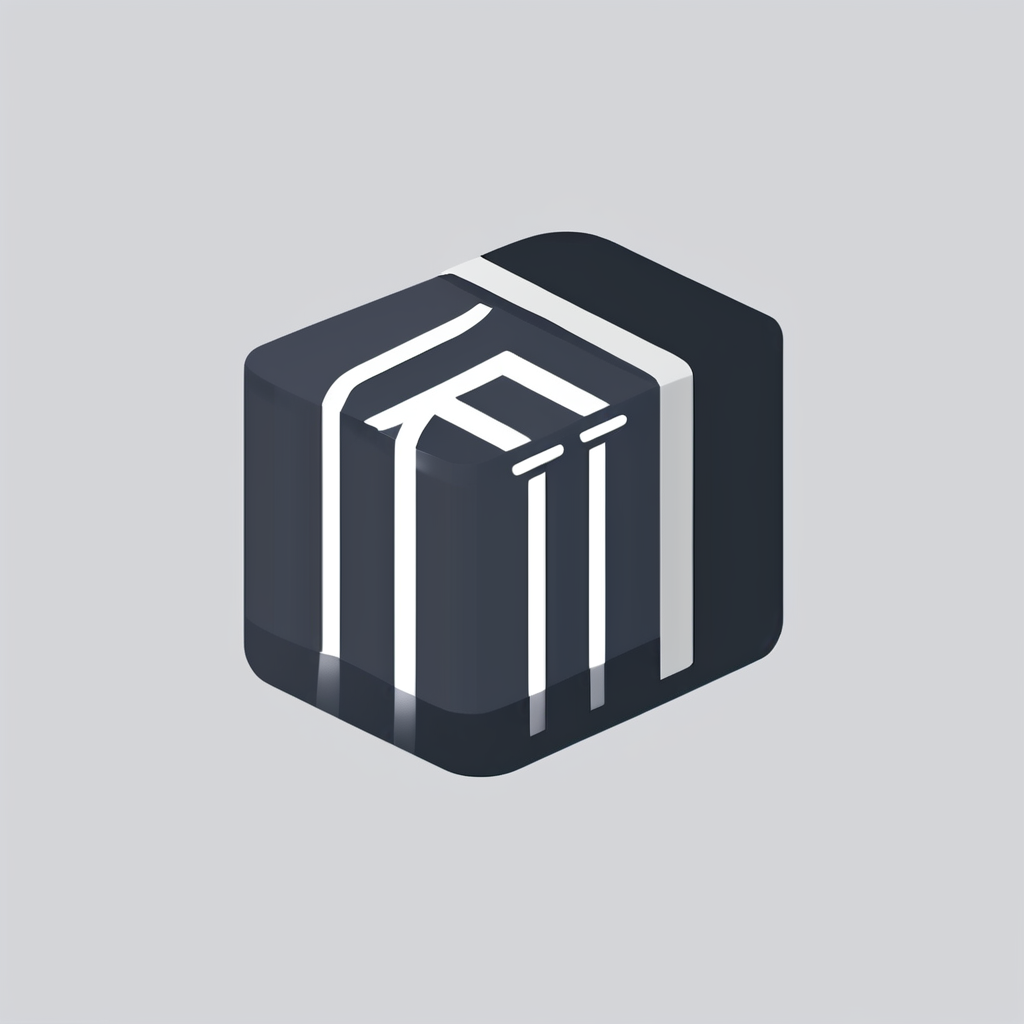Unlocking seamless customer engagement is vital for business success, and Contact Center as a Service (CCaaS) solutions offer a transformative approach. By leveraging cloud-based systems, companies can enhance communication across multiple channels, ensuring a responsive and personalized customer experience. These platforms eliminate hefty upfront costs, providing flexibility and scalability while integrating advanced AI technologies. Discover how CCaaS can revolutionize your customer interactions and streamline your operations.
Understanding CCaaS and Its Impact
Contact Center as a Service (CCaaS) represents a significant shift from traditional contact center solutions. By leveraging cloud-based technology, CCaaS allows businesses to deliver seamless customer support across multiple channels without the need for extensive IT infrastructure. More information on this transformative technology is available on the link just here, which outlines its implementation and benefits.
Also read : The best photo styles for Boulder’s mountain and modern homes
One of the standout advantages of CCaaS is cost efficiency. Unlike traditional setups requiring significant upfront investments, CCaaS eliminates hardware costs and operates on flexible pricing models. Businesses can scale resources up or down based on demand, ensuring optimal use of funds while enhancing agility. Additionally, the ability to combine omnichannel communication, such as voice, chat, and social media, streamlines customer interactions, significantly improving response times and satisfaction.
For companies transitioning to CCaaS platforms, strategic planning is key. Integration with existing CRMs, along with leveraging AI tools for predictive analytics and automating customer queries, can drastically improve operational efficiency. The ease of deployment, often achieved within weeks, further underscores the adaptability of CCaaS compared to legacy systems. Adopting CCaaS not only transforms customer interactions but also equips businesses to remain competitive in the evolving marketplace.
Key Features and Technologies in CCaaS
Essential Features Offered by CCaaS Platforms
CCaaS platforms empower businesses through flexible, cloud-based solutions tailored for customer interactions. Key capabilities include omnichannel communication, facilitating seamless engagement across voice, social media, SMS, and chat. This feature allows businesses to deliver a unified customer experience while simplifying operations. Tools like interactive voice response (IVR) and automatic call distribution (ACD) enhance efficiency by directing customers to the right agent or self-service options.
Self-service functionalities, powered by AI tools such as chatbots or voicebots, enable customers to resolve issues independently. As a result, businesses experience reduced inbound call volumes, shorter wait times, and higher customer satisfaction. Real-time data analytics also provide businesses with actionable insights, including performance metrics and customer sentiment analysis.
Technological Innovations Shaping CCaaS
Cutting-edge trends like AI integration continue to shape CCaaS solutions by transforming how companies interact with their customers. Advanced AI-powered tools simplify agent workflows through automated response suggestions and real-time sentiment analysis, significantly improving satisfaction levels. Moreover, the integration of CRM platforms such as Salesforce or Microsoft Dynamics enhances operational functionality by consolidating customer data across touchpoints.
Comparing CCaaS with UCaaS and Other Solutions
While UCaaS focuses on unified communication within organizations, CCaaS emphasizes external-facing customer engagement. Both solutions, however, achieve scalability and cost efficiency through cloud-based deployments, serving distinct operational purposes.
Leading Providers and Market Insights of CCaaS
Overview of Prominent CCaaS Providers
Vocalcom Hermes360 is recognized for its omnichannel communication capabilities, incorporating voice, email, SMS, web chat, and social media into one seamless platform. This smooth integration provides agents with a comprehensive customer overview while ensuring efficient customer interaction management. Its AI integration includes chatbots and voicebots, enabling 24/7 self-service options for heightened customer satisfaction. Additionally, features like intelligent routing and CRM connectors enhance personalization and streamline workflows.
Genesys Cloud CX offers a robust system for businesses aiming to centralize customer interactions across multiple platforms, including voice and social. Key aspects like interactive voice response (IVR), automatic call distribution (ACD), and advanced analytics ensure high operational efficiency. As industry leaders in the CCaaS Magic Quadrant™, Genesys emphasizes scalability and leveraging AI-driven tools for personalized customer experiences.
Current Market Trends and Growth Projections
The CCaaS market is forecast to grow from $6.8 billion in 2024 to $24.45 billion by 2032, driven by increased demand for AI-powered and omnichannel solutions. Companies are proactively adopting CCaaS platforms to reduce infrastructure costs while integrating technologies that enhance the customer experience. Features like real-time analytics and scalability are becoming critical in driving these operational shifts.
Implementation Considerations and Success Metrics for CCaaS
A successful adoption revolves around prioritizing services like seamless CRM integration, robust security measures, and tailored AI features. Winning implementation strategies include aligning CCaaS with existing systems while focusing on achieving measurable improvements in ROI and customer satisfaction.











